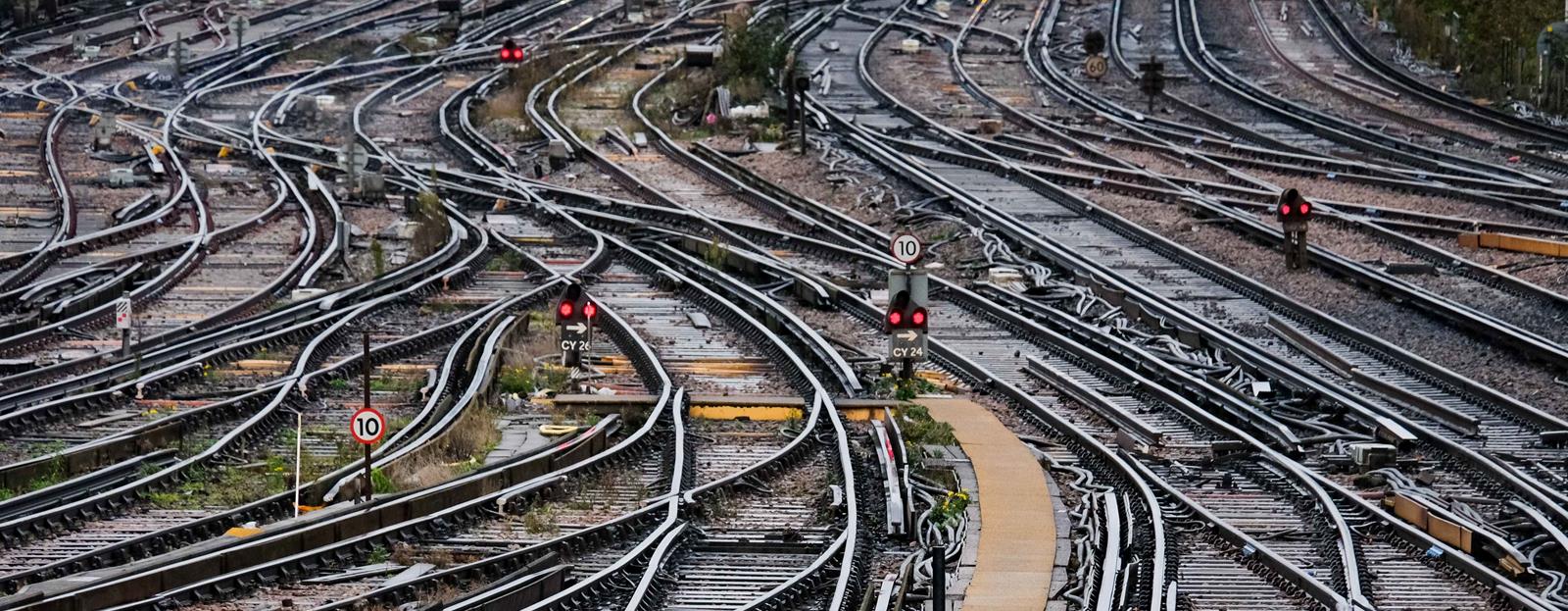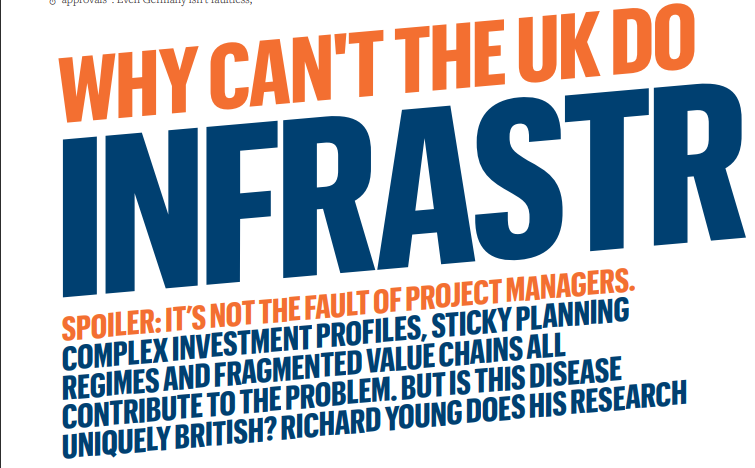
UK Rail Reforms: Choosing the Correct Fork in the Tracks – PPP Remains Resilient
Source: Welsh Parliament
The new Labour Government’s decision to establish a shadow Great British Railways (GBR) that reverses the decentralised structure of the UK rail system under the present PPP structure into a unified one is a welcome development. Several reasons have made the proposed change inevitable, such as: Fragmentation of the British rail networks, short-sighted investment approach, poor passenger and freight service delivery. It is believed that this new initiative will offer reliable, affordable, sturdy, and efficient services that ensures safety and accessibility for passengers and other service users as the focal points of the venture.
In the past thirty years, the private sector in the PPP has contributed significantly towards transforming the rail industry. For instance, passenger journeys have more than doubled from 740 million in 1993 to 1.6 billion in 2023, also freight journeys were 9.7 billion net tonne kilometres in 1995 but more than doubled to 17.9 billion net tonne kilometres in 2022. Prior to the PPP era, there was a yearly operating deficit of £2 billion, the advent of PPP saw this deficit moving across the line to an operating surplus resulting from operators recovering revenues faster under incentivised commercial structures; hence the private sector has demonstrated that it can ensure financial stability.
No doubt, the scale of change being envisaged is quantum and will cause industry wide disruptions; the long-term focus will be to increase efficiency, cut costs, and increase revenue, while de-emphasising tax-payer support. A major antidote to the challenges within the UK rail industry is the development of more robust PPP structures that emphasise flexibility and collaborative innovation among the different organisational systems that operate within the industry. Flexibility entails resilience, adaptation, and optimising resource utilisation; while collaborative innovation provides a fundamental environment that supports continuous innovation, innovation networks, inter-organisational collaborations, and innovative resource management.
To navigate the impending change, government must select the appropriate fork within the tracks to follow, and in the short to long term, leverage on PPP by pursuing leaner operations, lowering costs, adopting flexibility, and collaborative innovations that can help rejuvenate the rail industry in a sustainable manner, and thus free up shrinking public funds for other critical infrastructure.
#ppp #infrastructure #UKRail #LabourParty #changemanagement
References:
https://research.senedd.wales/research-articles/all-change-uk-government-plans-rail-reform/
https://www.imf.org/external/pubs/ft/fandd/2001/09/gerrard.htm






